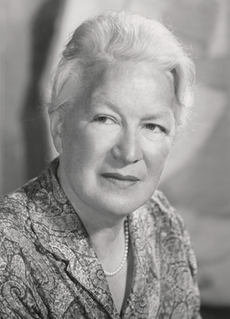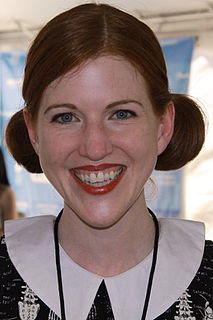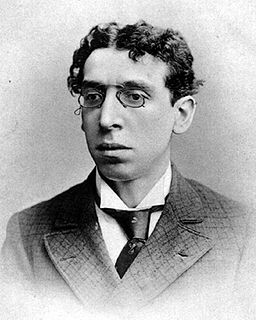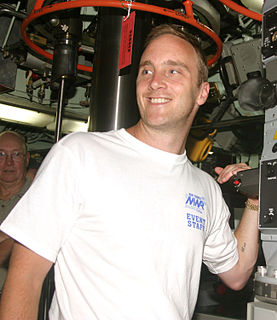A Quote by Johann Kaspar Lavater
He whom common, gross, or stale objects allure, and when obtained, content, is a vulgar being, incapable of greatness in thought or action.
Related Quotes
Among the innumerable mortifications which waylay human arrogance on every side may well be reckoned our ignorance of the most common objects and effects, a defect of which we become more sensible by every attempt to supply it. Vulgar and inactive minds confound familiarity with knowledge and conceive themselves informed of the whole nature of things when they are shown their form or told their use; but the speculatist, who is not content with superficial views, harasses himself with fruitless curiosity, and still, as he inquires more, perceives only that he knows less.
Woe to the man who is always busy - hurried in a turmoil of engagements, from occupation to occupation, and with no seasons interposed of recollection, contemplation and repose! Such a man must inevitably be gross and vulgar, and hard and indelicate - the sort of man with whom no generous spirit would desire to hold intercourse.
My pictures are devoid of objects; like objects, they are themselves objects. This means that they are devoid of content, significance or meaning, like objects or trees, animals, people or days, all of which are there without a reason, without a function and without a purpose. This is the quality that counts. Even so, there are good and bad pictures.
Courage, so far as it is a sign of race, is peculiarly the mark of a gentleman or a lady; but it becomes vulgar if rude or insensitive, while timidity is not vulgar, if it be a characteristic of race or fineness of make. A fawn is not vulgar in being timid, nor a crocodile "gentle" because courageous.
A thought has no size in the physical sense but is vast as compared to the physical acts and objects into which it is later precipitated. The power of a thought is enormous and superior to all the successive physical acts, objects, and events that body forth its energy. A thought often endures for a time much greater than the whole life of the man who thought it.
In effective, sustained citizen action, people learn the skills of public life with which to act effectively. "Commons," or the common wealth-the public goods that are objects of sustainable public action-become not only occasions for collaboration by invaluable sources of citizen education in their own right because they are the occasions for learning such skills.







































